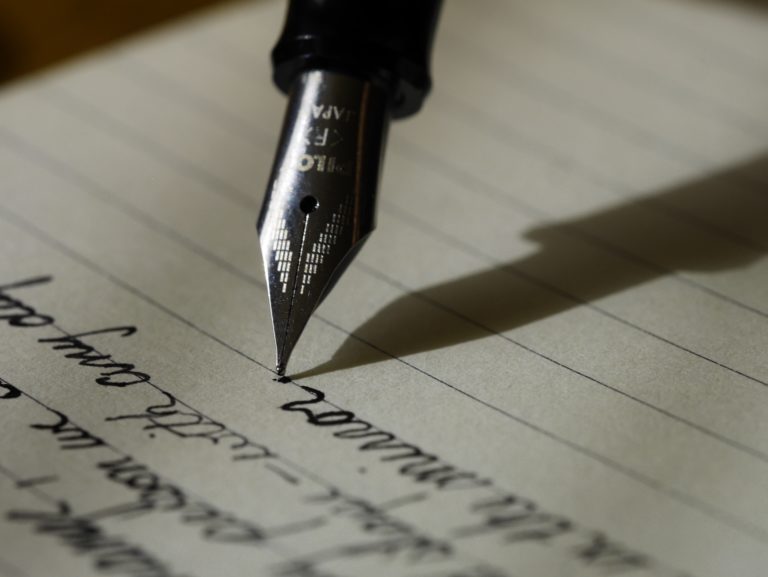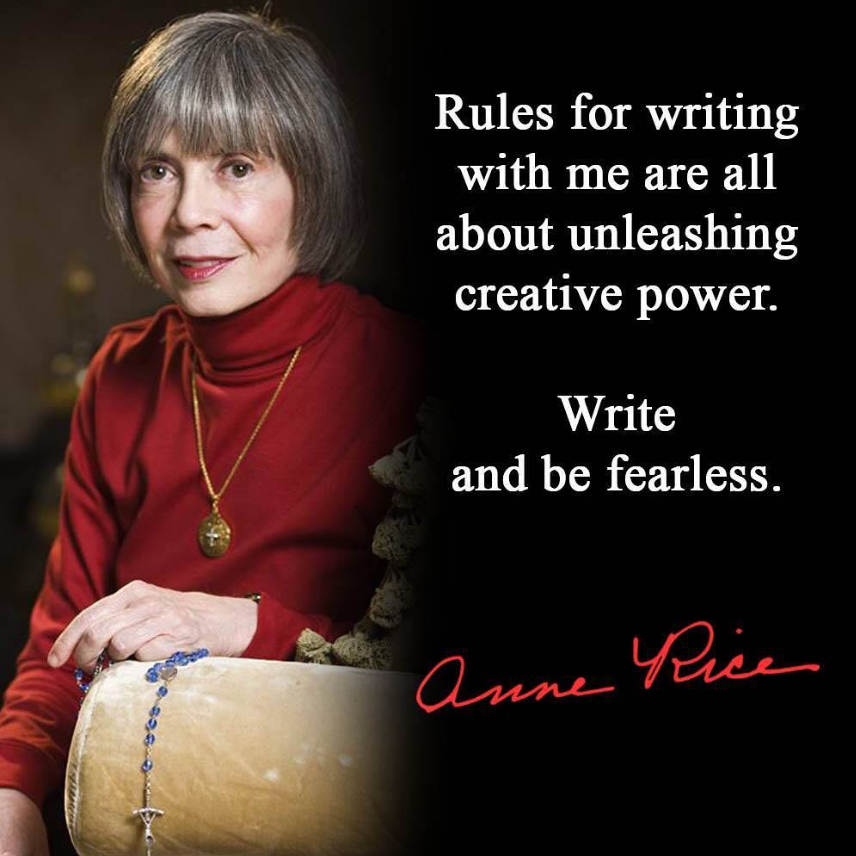Photo by Aaron Burden on Unsplash
As I have written previously, I do indeed use the Grammarly program in my editing, but I am very cautious of it. I notice quite often the algorithm spits back suggestions over word choices it feels may not be known by the general public.
Go figure. My vocabulary is that highfalutin?
Then there are those instances where I might use a word like salesman, and Grammarly will prompt me that this is ‘gender-biased.’ If the person I am writing about happens to be a man who sells, wasn’t I being specific, not exclusive? And quite frankly, stopping at every instance to substitute the word ‘person’ for man or woman is exhausting.
And this is just Grammarly, a program I can choose to ignore or not use at all. What has had me worried now for some time, and what I feel is quite an insidious seed change to the cultural mindset, is an all but cloying approach that cuts many of us, sex writers, to the quick: the dangerous trend in the all-inclusive defusing of language.
I saw this writ large in a series of articles I recently wrote about orgasm denial and chastity for what tends to be a feminine-skewed website. I know I could already be welcoming some criticism just for writing the word “feminine,” but I don’t feel that word is offensive, and it describes the tremor of the stuff on the site. I have lots of respect for the editor and my fellow writers at this place. There’s lots of really good writing alongside my few articles, some super cool exposes, and opinion pieces on a great many subjects I have never considered and know nothing about. But in my pieces and plenty of others, I have noticed an increasing number of the editor’s warnings at the beginning of the articles, a couple-paragraph ‘Language note’ caution. Specifically, the last warning topping my piece stated that my article “employed language that was ‘intentionally gender non-specific,’ and that words like words ‘cock’ and ‘penis’ are used with absolutely no gender specificity assigned to any term. “
I don’t even know what the fuck that all means nor why anybody has to be warned about it.
I’m one of those heart-on-my-sleeves guys so sensitive to other people’s feelings. Fuck, I cry at commercials! If I can manage the good fortune to have someone feel enlightened, empowered, aroused, what have you, from reading something I wrote, I figure I have done my job well, and then some. The very last thing I’d ever want is a reader feeling uncomfortable from my use of some word or misconstruing my meaning when I know I never intentionally seek out to exclude anyone. Yes, I write a lot of satire, and it can be biting at times, but I never attack those who cannot defend themselves, and I am never mean for mean sake. Really, most times, especially in my non-fiction writing, I am hoping to make my reader feel a bit freer about their sexuality and maybe consider something that they might not have yet tried. Or consider not judging somebody who is trying something they might never want to get into or even might feel is repellant.
It’s all about spreading the love on my side of the street.
The warning up above then, while unfortunately currently ubiquitous in the current climate, is lost on/for me. The powers-that-be running websites, publishing magazines, even teaching in our schools worry so much about offending anyone that they bend over backward, making sure to include everyone. They over-explain, offer apologies, and over-compensate for offenses they assume are being made at every turn. But I have lots of faith in the intelligence and reason of the everyday reader. I believe that even when we encounter something that rankles us or sits counter to our belief system, we have the mature ability, most times, to digest, consider, then move on. It comes down to the old ‘sticks and stones’ axiom, and I fear there’s a lot more happening in your world if you get so twisted by a word used or even an idea expressed that you’d take that much offense to what you read.
And if you are prone to such deep feelings over what you read, dare I say, a pre-article warning isn’t going to diffuse you.
I wrote a story recently, where a lady (yes, an actual biological born female…although is it ok for me to write ‘biological female?’) was looking for a right good humping to the exclusion of anything else. It was thought by an editor who sent the story back to me that my lady was exhibiting harmful stereotypical behavior, that I had not written her with enough complexities. Not that I ever do so with a rejection, but I could have easily argued that some ladies (as some men, as some transgender people, as some…) love to fuck. And for some of us, and certainly, for the sake of my story (an erotic story at that), it was all about this person seeking and getting some to some fucking across the course of the action. Some characters, yes, have lots more layers to them; some do not. And really, I’m not that great of a writer where I can create such rich characters in a short story that rival those concocted by a Poe, or a Hemingway. But by writing my lady where she mainly was motivated by getting a dick in her (sorry, there I am being exclusionary, but she was a hetero lady and therefore only wanted warm, real penis inside her), I wasn’t making a blanket statement about heterosexual females, as this editor came right out and told me he felt I was.
One person’s opinion and all that. It’s ok, I took the rejection and moved on, but I didn’t change my character and how she acted.
I fully understand that there are great big groups of folks who have felt marginalized for a very long time. Many people have not had a voice in our global culture until recently when minorities now seem to have gained some push-back and power across cultural lines. This is fantastic. As I said, I want everyone to be happy, to feel that they matter, and truly, I feel all lives matter. But looking for something to be there that’s not, from a lousy old writer like me, is lots of wasted time. Being ready to jump at any provocation, or what’s worse, getting your panties in a twist (and sorry, if I am excluding those of us who do not wear panties?) over an offense you simply could never feel (for instance, if you happen to be a middle-class heterosexual white male who scribbles erotica writing columns for sexpert.com and get yourself worked up to a right lather over some expose not showing the requisite deference to the plight of the indigenous island birds half a world away) falls well into the category of virtual signaling and not much else.
Go forth and be happy, my little droogs. That’s all I could ever want for you and yours. And don’t take life so seriously. Mostly, what we encounter littering our way are other people’s opinions, not much more. And you know what they say about opinions and assholes…we all got them. And degree of potential stinky-ness around both various to a great degree.
Sorry, did that offend you?











































